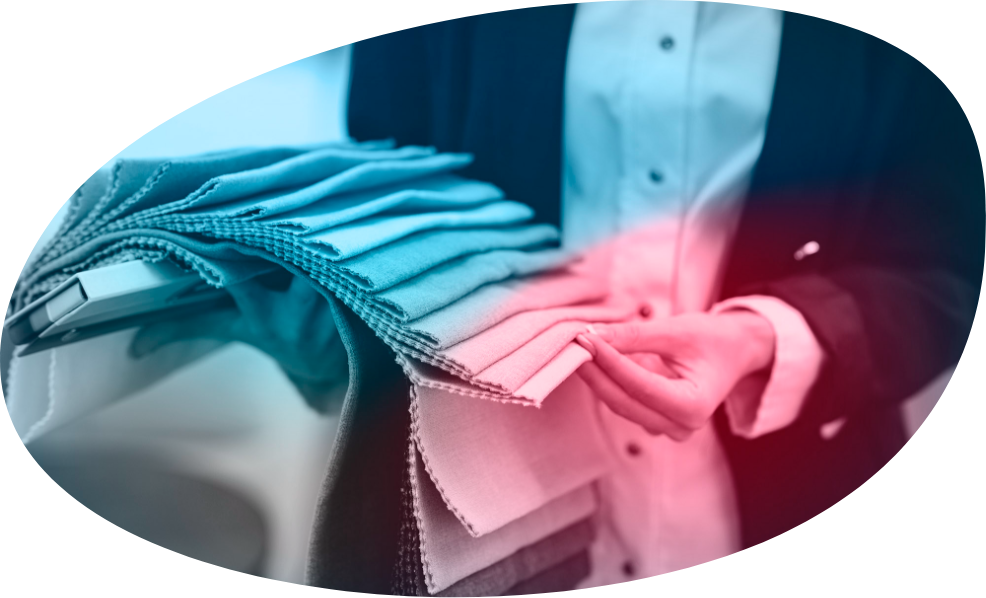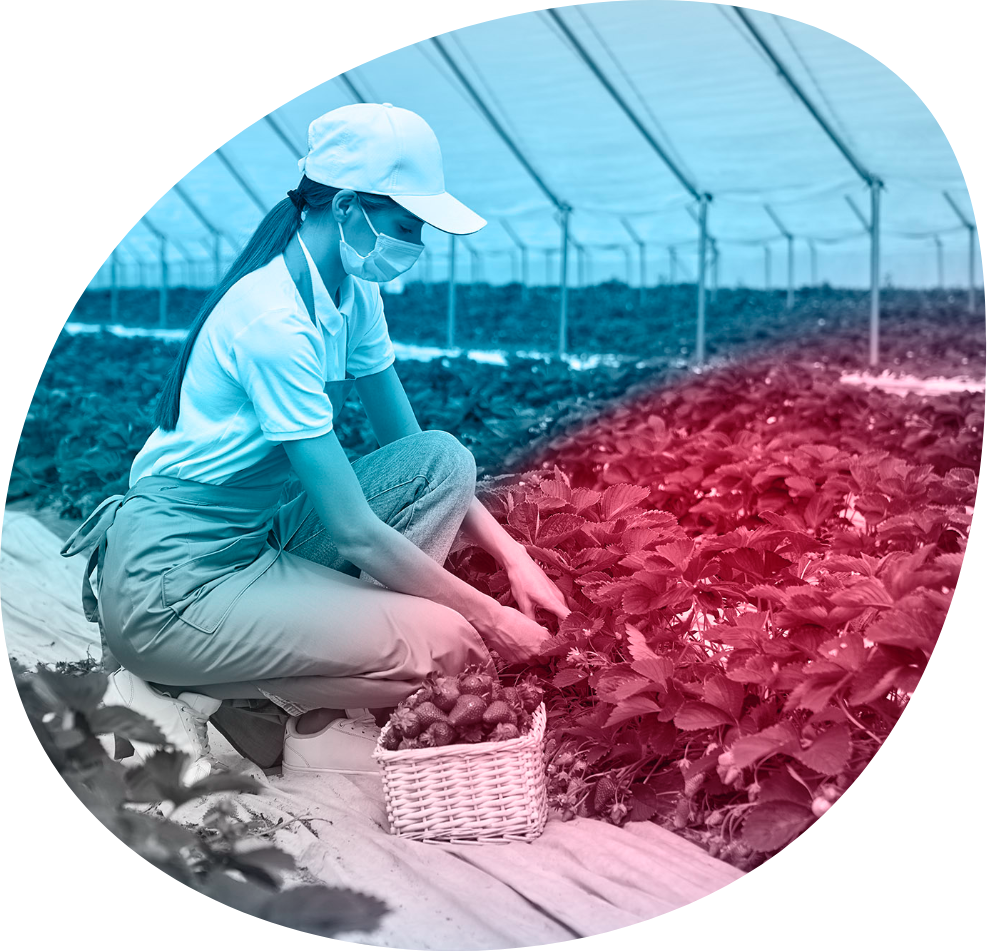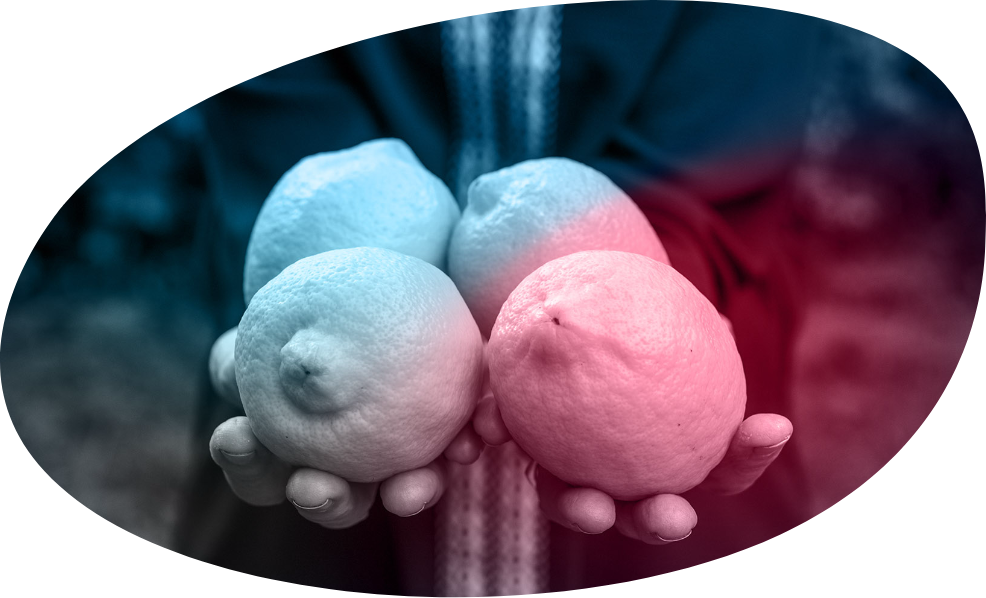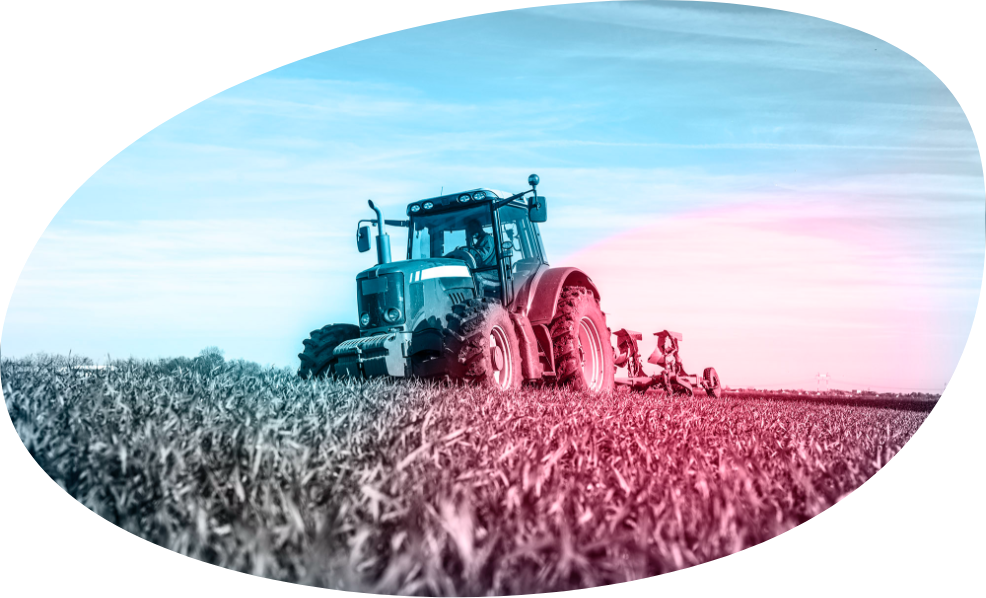TRICK will exploit its information management system in 2 domains with high relevance for sustainability

Textile-Clothing
as main, with a first pilot in traditional manufacturing completed by a parallel pilot in technical workwear

Food
for replication
TEXTILE PILOT
TEXTILE-CLOTHING
Background and economic value:
with a turnover of 178 billion € in 2018, 5 billion in investment and 1,66 million of employees, TC is one of the leading manufacturing sectors in Europe, and one of the most polluting too. It plays a a significant role in climate change with 1,7 million tons/year CO2 emissions, 10 % of substances of potential concern to human health, 87% of the workforce (manly women) below living wages. Permitted by lowered cost and fast fashion, a garment is worn an average of 3 times in its lifecycle, with €400 billion lost a year due to discarding clothes which can still be worn. The waste in fashion reaches 92 million tons per year, with 87% of clothes ending up in landfills. On the opposite, there is a change of attitude, due to growing awareness about ethical and environmental impacts:

“66% of consumers are ready to pay more for products or services from companies committed to sustainability”

Circular production phases covered by the pilot
Recycling
Raw material sourcing
Yarn production
Fabric production
Retail
Second-hand market
End of life collection
Recycling of original equipment manufacturer
Recycling
Raw material sourcing
Yarn production
Fabric production
Clothing production
Workwear use
Repair for reuse
End of life collection
Recycling of original equipment manufacturer
TC with its fragmented and very complex value chain, formed by >90 SME with <10 average employees, highly internationalized and geographically distributed, has all the needed peculiarities to be a test-bed for the demonstration of innovative sustainable approaches.

FOOD PILOT
PRODUCT TRACEABILITY
Background and economic value:
In the Food sector, EC estimates that up to 10% of the 88 million tons of food waste generated annually in the EU are linked to date marking, with associated costs estimated at € 143 billion. The annual EU production of perishable products (fresh fruit and vegetables) amounts to 32 million tons, of which 39% becomes food waste, accounting 6% of total EU Greenhouse Gas Emissions.


Circular production phases covered by the pilot
Retail
Reuse
Shelf life simulation
Tracing of product with secured data and clear connection with the lots of goods, replication and standardization of project services to demonstrate the universality of TRICK approach.
